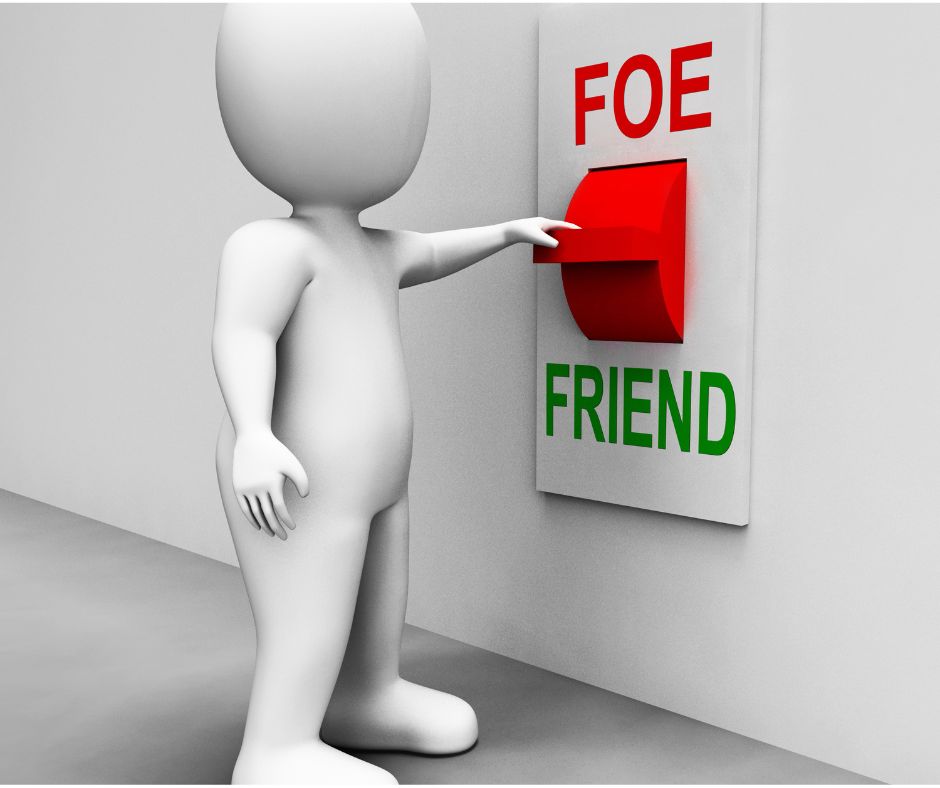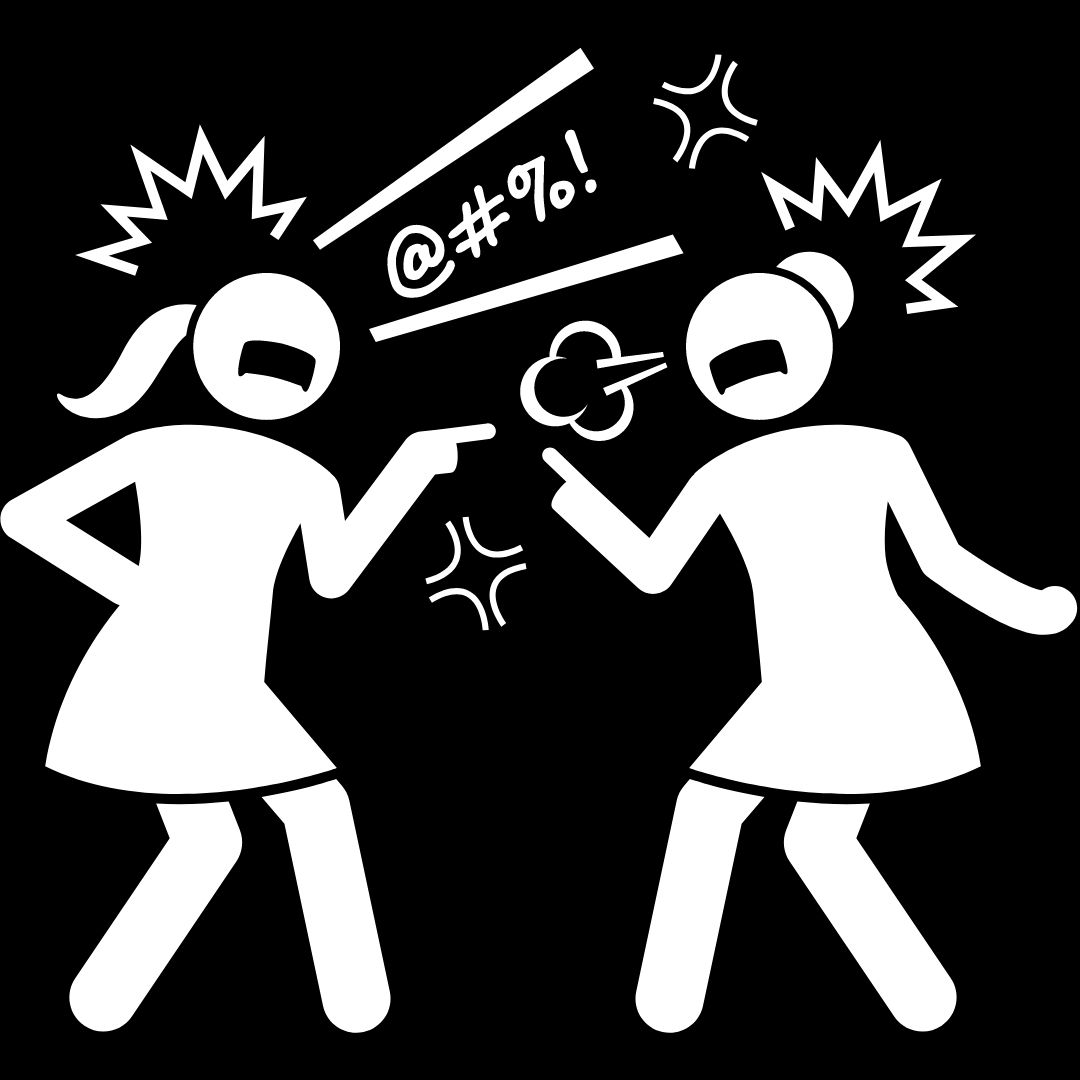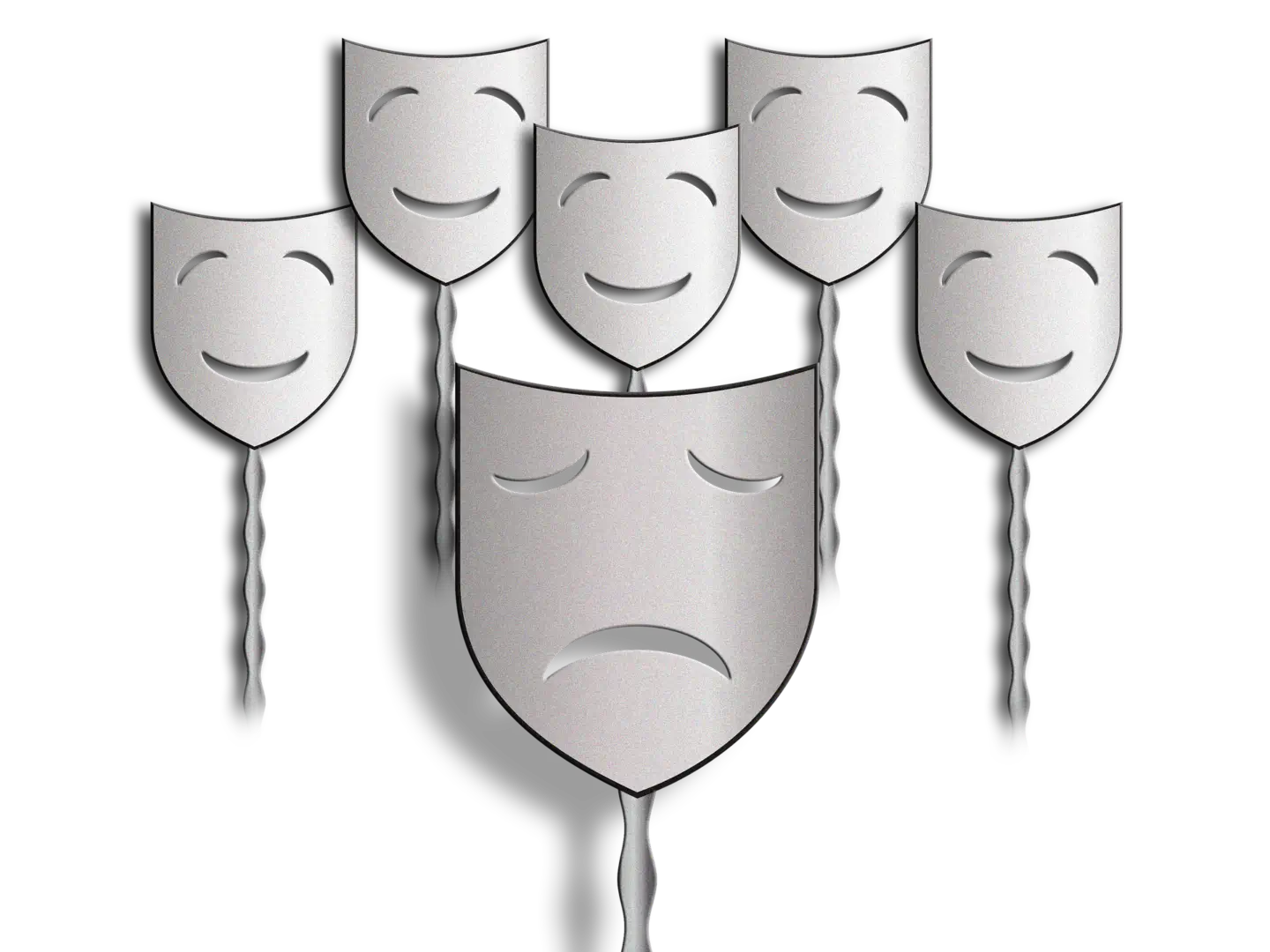Parents: Friend or Foe?

Parents: Friend or Foe?
As a theatre educator with over 25 years in the classroom, I have had good and bad experiences with parents involved with my theatre programs. On the whole, the majority of my experiences have been good. I’ve had parents that volunteered to build sets, sew costumes, chaperone trips, run fundraisers, and bring homemade meals to students during tech week. Parents can be your greatest asset as a theatre teacher because you are generally working 60-hour weeks between teaching classes, advising a club, and directing several theatrical productions after school. Supportive parents who are willing and able to volunteer time, energy, and talents are extremely helpful and I was always incredibly grateful. These parents are driven by the same mission I am – to provide exceptional theatre education experiences for all the children involved. I treasure the friendships and memories created with these amazing human beings.

Then there are the challenging parents. The ones that are only concerned with their child and completely disregard the concept that theatre is an ensemble event, and one child can, and does affect the others in the group. I had a parent that took their child out of a dress rehearsal to attend a social event at their church. Another withdrew her child from the play so she could attend an exploratory weekend at a college offering her daughter a scholarship (it was the same weekend as the scheduled play performance) and then later canceled her trip and demanded that her daughter be put back in the role (I had already recast the role and would have had to remove the other child to make this parent happy). Then there was the mother that insisted her son’s tie had been stolen from the dressing room, and when we found it in a different spot in the room, she was certain that whoever had stolen it had returned it because her son certainly couldn’t have mistaken where he had placed it.

Then there are the backstage parents that challenge your casting choices because their child is more talented than the “other” child. I actually had a parent, who was an attorney, accuse me of child abuse because his daughter wasn’t getting the roles she wanted in classroom projects. Yes, he stated that it was abuse because I was damaging her self-esteem. I’m a parent and I certainly understand that parents want to protect their children from getting hurt and that they believe their child is the most special human being on the planet, but they need to see beyond the singular spotlight and look at the whole picture. You don’t always get what you want and that doesn’t mean you’re not special or even that you made a mistake. It’s a teaching moment for parents and if you chose to respond by attacking the teacher, you are teaching your child the wrong thing. You’re actually teaching them that temper tantrums are ok and that they are entitled to whatever they want, regardless of how it affects others.

Then there are the parents that cross the line. Some end up in the headlines, like Wanda Holloway who was convicted of hiring a hit man to kill the mother of her daughter’s cheerleader rival, or Lori Laughlin who bribed college officials to get her daughter into college. Some parents bully teachers through verbal harassment and threats. 60% of teachers reported being bullied in 2019. A Texas lawmaker proposed a law that would require school districts to specifically address parents who bully teachers. No wonder they are leaving the classroom! Most recently, there seems to be a bandwagon of parents suing teachers and school districts claiming that teachers are trying to “indoctrinate” their children, or that the “wrong” books are allowed in libraries, or that you can’t say “gay.” Some parents will lie for their children and do whatever it takes for their child to get ahead of anyone else. Almost five years after the incident, I ran into a parent who apologized for his son’s accusations that I stole money from a fundraiser. His son was mad at me, about what I don’t remember, and made up the story to get me in trouble. I didn’t lose my job over the matter because there was no proof of course, but I did endure many meetings with administrators and accusatory parents who were certain that their son was telling the truth. It was a nightmare and one that many teachers endure today.
The parents that cross the line and the administrators, lawmakers, and the public that support those parents are only one of many reasons teachers choose to leave the profession. Can you think of another profession where one person has that much power over another’s job standing and reputation? Only the accusation, not any actual proof, has to exist and be spread publicly (which is easily done these days with social media), for it to do some real damage to a teacher’s career.

However, it is possible for parents and teachers to come together and have a disagreement and a discussion in a reasonable manner. For example, I had a parent that did not agree with the way I had staged a particular scene in a Shakespearean play. She felt the sexual innuendo was too strong and brought it to my attention. We had a discussion and I understood her point of view and changed the staging. This parent was also one of the wonderful volunteers I mentioned in the first paragraph. She had always been a highly involved and very supportive parent in her daughter’s education. Although I disagreed with her assessment, I valued her input and had no problems making the changes she requested. So a parent can be both a friend and a foe in the classroom. They can communicate disagreements in a respectful way and sometimes be challenging, but when they cross the line it is detrimental to all children in the educational system.
